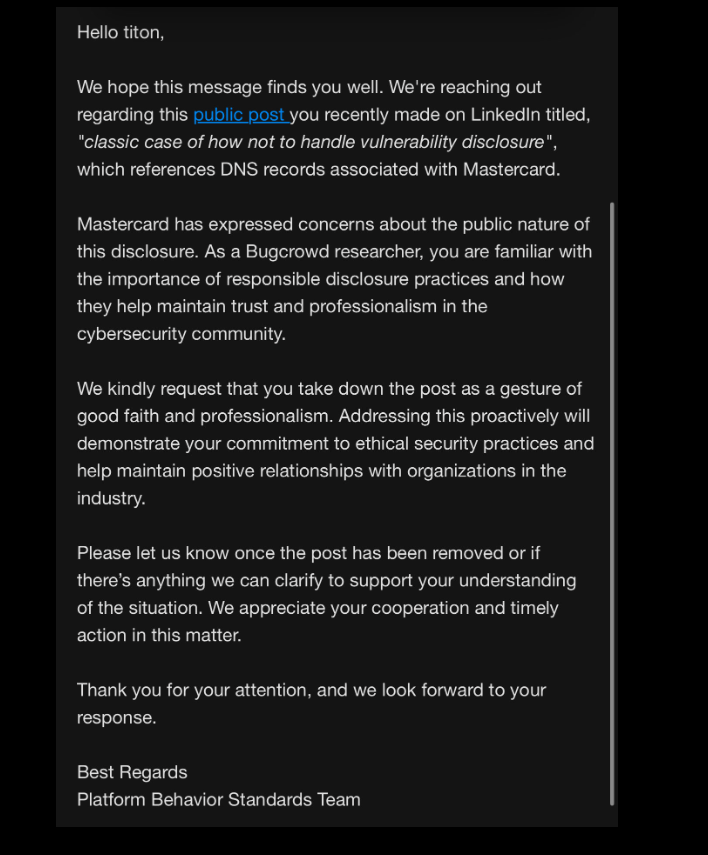7 Mistakes Developers Make When Learning a New Framework (and How to Avoid Them)
Learning a new framework is both exciting and challenging. It’s like stepping into uncharted territory: there’s potential to create amazing things, but you’re bound to hit a few roadblocks along the way. Over the years, I’ve seen common mistakes developers make while picking up a new framework—mistakes I’ve made myself! In this post, I’ll highlight these pitfalls and share tips to avoid them. Mistake 1: Skipping the Fundamentals Many developers jump straight into the framework’s advanced features without fully understanding its core principles. For example, trying to implement server-side rendering in Next.js without grasping basic React concepts can lead to frustration. How to Avoid: Spend time on the documentation’s "Getting Started" section. Familiarize yourself with the framework’s philosophy and structure before diving into complex topics. Mistake 2: Relying Too Much on Tutorials Tutorials are great, but following them blindly can hinder your understanding. Copy-pasting code without knowing why it works will leave you struggling when you encounter real-world scenarios. How to Avoid: Treat tutorials as a guide, not a crutch. After completing a tutorial, build a small project from scratch to solidify your understanding. Mistake 3: Ignoring Best Practices It’s tempting to cut corners when you’re learning, but bad habits can stick. Ignoring best practices like proper folder structure, clean code, or state management can lead to messy projects. How to Avoid: Study the framework’s official best practices. Review open-source projects built with the framework to see how experienced developers structure their code. Mistake 4: Not Debugging Effectively Debugging is an essential skill, yet many developers struggle to effectively troubleshoot issues in a new framework. They rely too much on Google without understanding how to diagnose problems themselves. How to Avoid: Learn the debugging tools available for the framework (e.g., React DevTools, Vue.js DevTools). Practice reading error messages carefully and tracing issues in the code. Mistake 5: Overloading the Project with Dependencies When learning a new framework, it’s easy to add plugins and libraries for every small feature. This often leads to bloated projects and dependency conflicts. How to Avoid: Start with the bare minimum. Use built-in features of the framework wherever possible. Only add libraries after you’ve confirmed they’re necessary. Mistake 6: Neglecting Performance Optimization Many developers focus on functionality and neglect performance when learning a framework. This can lead to sluggish apps and poor user experiences. How to Avoid: Learn the framework’s performance optimization techniques (e.g., lazy loading, memoization). Regularly test your app’s performance using tools like Lighthouse or your browser’s developer tools. Mistake 7: Not Joining the Community Learning in isolation can be slow and frustrating. By not engaging with the community, you miss out on valuable resources, advice, and inspiration. How to Avoid: Join forums, Discord groups, or Reddit communities related to the framework. Follow developers on Twitter or YouTube who share tips and tutorials. Final Thoughts Learning a new framework doesn’t have to be overwhelming. By avoiding these common mistakes, you can make the process smoother and more enjoyable. Remember, the goal isn’t just to learn the framework but to become confident and efficient in using it. What mistakes have you made (or seen others make) when learning a new framework? Share your thoughts in the comments—I’d love to hear your stories and tips!

Learning a new framework is both exciting and challenging. It’s like stepping into uncharted territory: there’s potential to create amazing things, but you’re bound to hit a few roadblocks along the way. Over the years, I’ve seen common mistakes developers make while picking up a new framework—mistakes I’ve made myself! In this post, I’ll highlight these pitfalls and share tips to avoid them.
Mistake 1: Skipping the Fundamentals
Many developers jump straight into the framework’s advanced features without fully understanding its core principles. For example, trying to implement server-side rendering in Next.js without grasping basic React concepts can lead to frustration.
How to Avoid:
- Spend time on the documentation’s "Getting Started" section.
- Familiarize yourself with the framework’s philosophy and structure before diving into complex topics.
Mistake 2: Relying Too Much on Tutorials
Tutorials are great, but following them blindly can hinder your understanding. Copy-pasting code without knowing why it works will leave you struggling when you encounter real-world scenarios.
How to Avoid:
- Treat tutorials as a guide, not a crutch.
- After completing a tutorial, build a small project from scratch to solidify your understanding.
Mistake 3: Ignoring Best Practices
It’s tempting to cut corners when you’re learning, but bad habits can stick. Ignoring best practices like proper folder structure, clean code, or state management can lead to messy projects.
How to Avoid:
- Study the framework’s official best practices.
- Review open-source projects built with the framework to see how experienced developers structure their code.
Mistake 4: Not Debugging Effectively
Debugging is an essential skill, yet many developers struggle to effectively troubleshoot issues in a new framework. They rely too much on Google without understanding how to diagnose problems themselves.
How to Avoid:
- Learn the debugging tools available for the framework (e.g., React DevTools, Vue.js DevTools).
- Practice reading error messages carefully and tracing issues in the code.
Mistake 5: Overloading the Project with Dependencies
When learning a new framework, it’s easy to add plugins and libraries for every small feature. This often leads to bloated projects and dependency conflicts.
How to Avoid:
- Start with the bare minimum. Use built-in features of the framework wherever possible.
- Only add libraries after you’ve confirmed they’re necessary.
Mistake 6: Neglecting Performance Optimization
Many developers focus on functionality and neglect performance when learning a framework. This can lead to sluggish apps and poor user experiences.
How to Avoid:
- Learn the framework’s performance optimization techniques (e.g., lazy loading, memoization).
- Regularly test your app’s performance using tools like Lighthouse or your browser’s developer tools.
Mistake 7: Not Joining the Community
Learning in isolation can be slow and frustrating. By not engaging with the community, you miss out on valuable resources, advice, and inspiration.
How to Avoid:
- Join forums, Discord groups, or Reddit communities related to the framework.
- Follow developers on Twitter or YouTube who share tips and tutorials.
Final Thoughts
Learning a new framework doesn’t have to be overwhelming. By avoiding these common mistakes, you can make the process smoother and more enjoyable. Remember, the goal isn’t just to learn the framework but to become confident and efficient in using it.
What mistakes have you made (or seen others make) when learning a new framework? Share your thoughts in the comments—I’d love to hear your stories and tips!
What's Your Reaction?































.jpg?width=1920&height=1920&fit=bounds&quality=80&format=jpg&auto=webp#)




















































